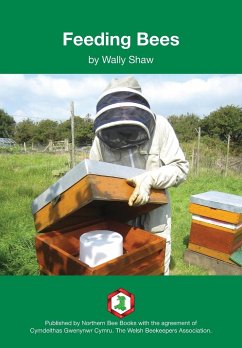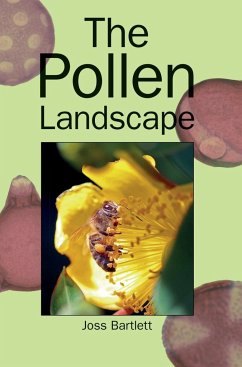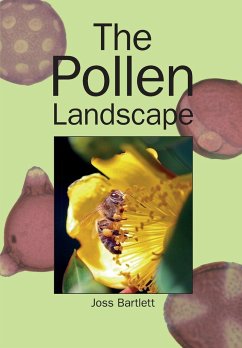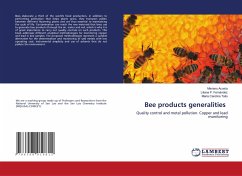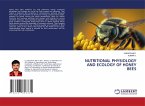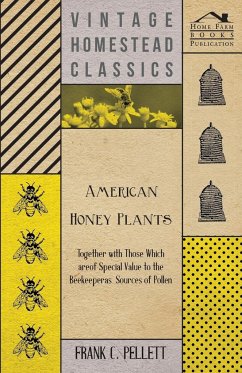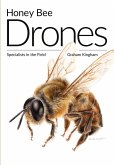Honey bees collect two types of food material; nectar and pollen. With the collection of nectar there is no evidence that there is any selection based on its nutrient value, other than as a source of energy (their dietary carbohydrate). Pollen is their source of protein and lipids (fats). By contrast, foraging for this vital material is much more complex and seems to be based on the nutritional value of the pollen. Bees will forage for easily collected pollens but will also go out of their way to obtain supplies of a diverse range of other pollens that may require much more effort. How much and how often a beekeeper needs to feed honey bee colonies depends on beekeeping practices, e.g. how much of their honey is harvested. But the environmental conditions to which they are exposed (primarily forage availability and climate) also needs to be taken into account. This booklet offers advice on what materials can safely be used to feed bees, at what times of year feeding may be required and how to assess their needs. Also discussed is the means of delivery; the types feeder that can be used and their pros and cons.
Hinweis: Dieser Artikel kann nur an eine deutsche Lieferadresse ausgeliefert werden.
Hinweis: Dieser Artikel kann nur an eine deutsche Lieferadresse ausgeliefert werden.

